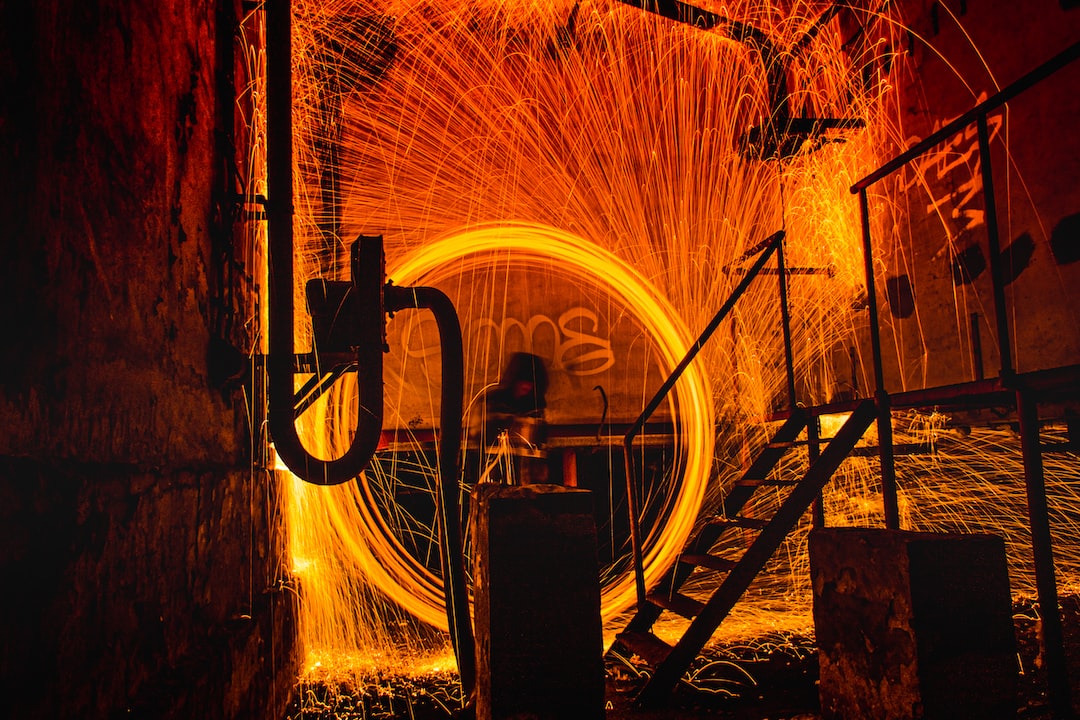Exploring the Potential of Virtual Reality in Manufacturing Training
In recent years, there has been a growing interest in virtual reality (VR) technology across various industries, and manufacturing is no exception. VR offers an immersive and interactive experience that can revolutionize the way individuals are trained in the manufacturing sector. This blog post will discuss the potential benefits and applications of virtual reality in manufacturing training.
One of the key advantages of using VR in manufacturing training is the ability to simulate real-life scenarios without any risk or potential harm. Traditional training methods often involve hands-on experience, which can be detrimental in high-risk environments. With VR, trainees can be exposed to dangerous situations such as operating heavy machinery or handling hazardous materials without any physical danger. This enables trainees to learn from their mistakes in a safe environment, ultimately reducing the risk of accidents and injuries.
Moreover, VR provides a cost-effective solution for training in the manufacturing industry. Conducting hands-on training sessions can be time-consuming and expensive, requiring specialized equipment and experienced trainers. However, with VR, training can be done remotely and on-demand. Trainees can access virtual training modules from anywhere, reducing the need for physical training facilities and equipment. This not only saves costs but also allows for scalability, as multiple trainees can be trained simultaneously.
Virtual reality can also enhance the learning experience by providing a more engaging and interactive environment. Traditional training methods often involve extensive reading or lectures, which can be boring and less effective. VR, on the other hand, enables trainees to actively participate in the learning process. They can manipulate objects, practice skills, and interact with virtual trainers or colleagues. This hands-on approach makes the training more engaging and helps trainees retain information better.
Furthermore, virtual reality enables the creation of customized training programs to meet specific needs. Every manufacturing facility has unique processes and equipment, and training methods need to be tailored accordingly. With VR, companies can develop virtual simulations that mimic their exact environment, allowing trainees to practice tasks specific to their job roles. This personalized training experience enhances skill development and ensures that trainees are well-prepared for their roles.
Another significant application of VR in manufacturing training is the ability to train for unusual or rare scenarios. Manufacturing facilities occasionally face challenging situations that cannot be easily replicated during traditional training. For instance, troubleshooting complex machinery issues or responding to emergency situations requires quick thinking and problem-solving skills. VR allows companies to create virtual scenarios that simulate these rare occurrences, enabling trainees to practice their responses in a controlled environment. This not only prepares them for unforeseen circumstances but also builds confidence in handling such situations.
In addition to skill development, virtual reality can be used for evaluating trainee performance. With built-in analytics and data tracking, VR training modules can assess trainees’ performance in real-time. This allows trainers to identify areas of improvement and provide personalized feedback. Trainees can also review their performance and track their progress over time. This objective evaluation process ensures that trainees are adequately prepared and helps companies identify any knowledge or skills gaps within their workforce.
In conclusion, virtual reality has immense potential in revolutionizing manufacturing training. By offering a safe and cost-effective training environment, VR can enhance skill development, provide personalized training experiences, and prepare trainees for unusual scenarios. As the technology continues to advance, it is expected that VR will become an integral part of manufacturing training, leading to safer and more efficient manufacturing processes.

